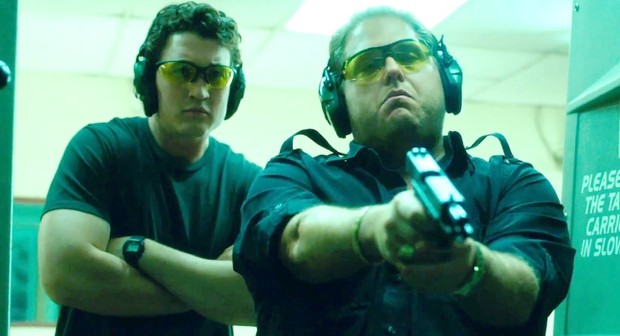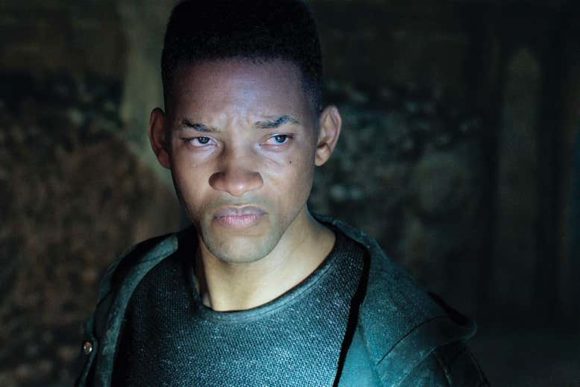Reading Sheepdogs by Elliot Ackerman for The Telegraph, 18 August 2025
Hey! It looks like you are trying to shoot someone at point-blank range with a small 9mm pistol. Would you like help?
If you are going to kill someone with a 9mm pistol, it is very important that you stare at the ground as you make your approach. Next, raise your head until you are focused on your target’s centre mass. Think heart and organs. Avoid their eyes and — no, don’t draw, this isn’t High Noon — have the gun in your hand in your pocket, and shoot through the fabric of your suit. Now go and rehearse, and remember: practice makes perfect!
Elliot Ackerman knows something about skill acquisition, task analysis and work breakdown structure. He also knows about the mechanics of a SIG Sauer P938 micro-compact single-action concealed carry. In a crisis, though, hardware will play second-fiddle to the hours of practice. Sheepdogs is a bright and breezy thriller about prepared paramilitary types who know what they’re doing.
Ackerman’s background is such, even a confection like Sheepdogs begs to be read autobiographically. He served five tours of duty in Iraq and Afghanistan. He received the Silver Star, the Bronze Star for Valor, and the Purple Heart. He was also, for a little while, attached to the Ground Branch of the CIA’s Special Activities Division, and he has a whole lot of fun with that institution here, as “Uncle Tony”, a Division spook obsessed with Hyatt reward points, scrabbles about the globe looking for ways to pay the wages of off-the-books armies everywhere from Iraq to Somalia, Yemen to Ukraine.
Uncle Tony looks to have inspired the mess in which our heroes are here embroiled. Cheese (as in “the big cheese”, the most versatile pilot Afghanistan’s military ever produced, now working in a filling station) and former Marine Raider Skwerl (think “squirrel” — Marines can’t spell for shit — financially and reputationally ruined for whistleblowing on an intelligence FUBAR) are being paid to steal — sorry, repossess — that most reliable of thriller macguffins, a private jet.
But the handover in Marseille goes badly wrong, the jet’s owners seem to be stealing it from themselves, and Skwerl and Cheese soon find themselves out of the loop, out of pocket and decidedly out of luck, pursued back and forth across the Atlantic by a remarkably well-connected former Afghan security guard who’s out to avenge, well, something…
Ackerman has a lot of fun with that private plane, a Bombardier Challenger 600 that loses an aileron (a control flap) in a collision with a golf cart, and not long after has its leather and mahogany interior torn out by a famished grizzly bear. The business of hiding the fixing the plane brings in a couple of well-drawn side characters, the survivalist Just Shane and Ephraim, an excommunicated Amish handyman who whittles a replacement aileron out of wood (not as daft as it sounds). Cheese’s better half Fareeda (four months pregnant) and Skwerl’s much more frightening half Sinaed (a professional dominatrix) round out a cast just kooky and diverse enough — and small enough — to tick every box at Apple TV, who’ve paid seven figures to develop Sheepdogs as a series.
Announcements of the novel’s bright televisual future make it slightly tricky to review, since what makes perfect sense for the IP doesn’t necessarily play well on the page. Ackerman is determined not to create any monsters here; he’s much more interested in telling — in the gentlest manner imaginable — broader truths about modern warfare, its commercial imperatives and human toll.
After dozing through tosh like Citadel and The Night Agent, we’ll surely lap up a TV thriller created by someone who knows guns, and better still, understands the men who wield them. That said, I can’t but deplore a literary thriller that leaves all my favourite characters standing, and not just standing, chatting, and not just chatting, understanding each other.
Well, you don’t make an omelette without cracking eggs, I suppose. I can remember when, in 1987, a fine literary writer called James Lee Burke wrote a detective novel about Dave Robicheaux. I adored Burke’s early books, but nearly forty years and over two dozen outings later, I’m hardly going to sit here and say that palling up with Dave was a backward move, now, am I?
Besides, Ackerman’s literary career has been sliding about all over the place, from brilliant memoirs of combat in Afghanistan (and don’t get him started about that catastrophic US withdrawal in August 2021) to best-selling geopolitical thrillers with James Stavridis, a retired US admiral, to clotted oddities like 2023’s Halcyon, a family drama set in an alternate Gore-led America that has cured death. The thriller genre has its limitations, but one of the very best things it can do is give writers a point of focus, who would otherwise go off like a box of firecrackers.
The trouble with Sheepdogs — a thriller that lacks excitement, a comedy without much in the way of humour, and a story about the wages of war that eludes depth — is that it shows its writer still shuffling up to the starting line and sucking on the water bottle. I know I shouldn’t second-guess Ackerman’s intentions. But I hope there will be sequels, and that Sheepdogs becomes a long project for him. Keeping up with the small screen will do him good. Remember: practice makes perfect!


